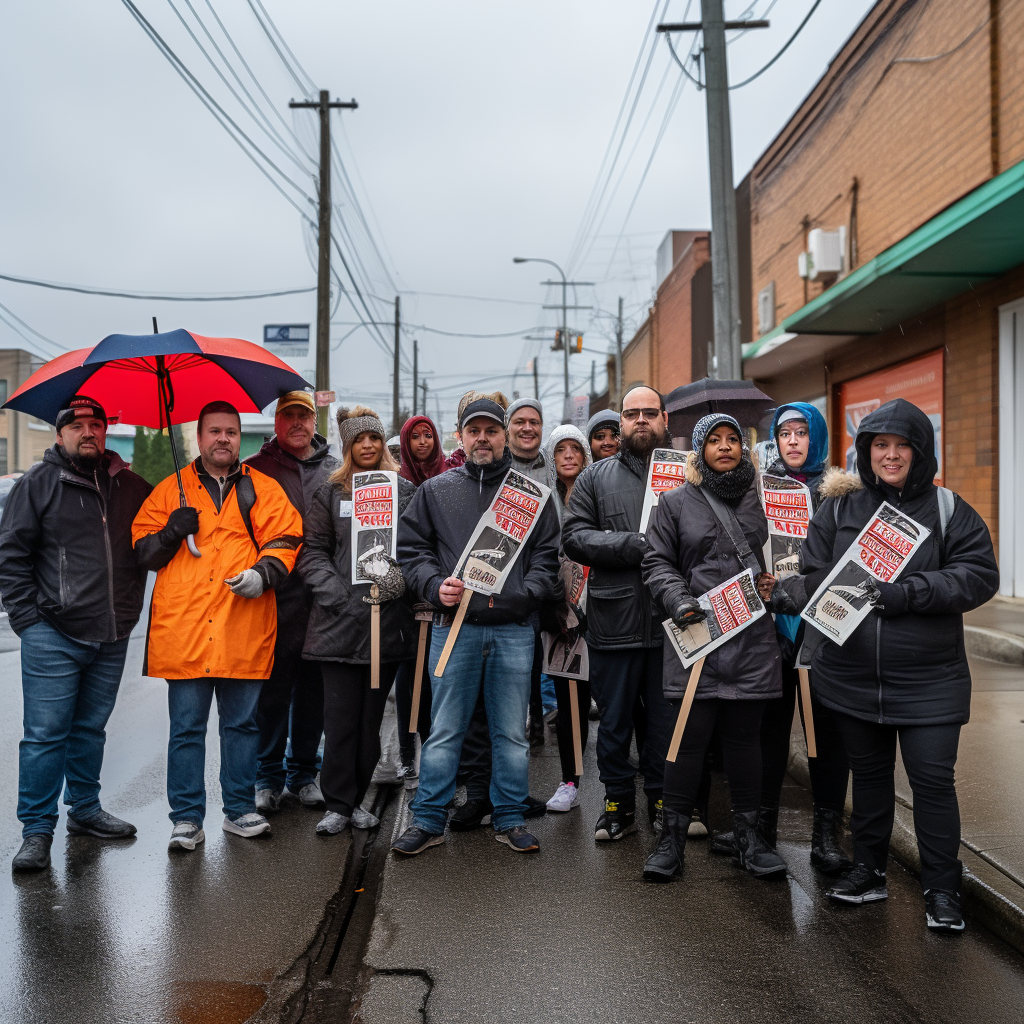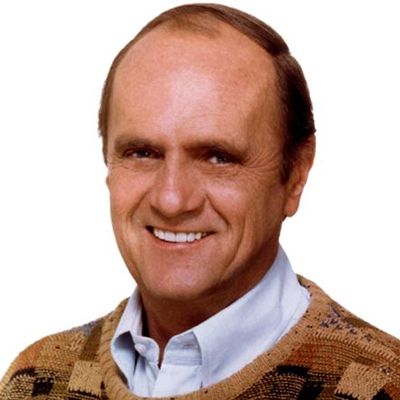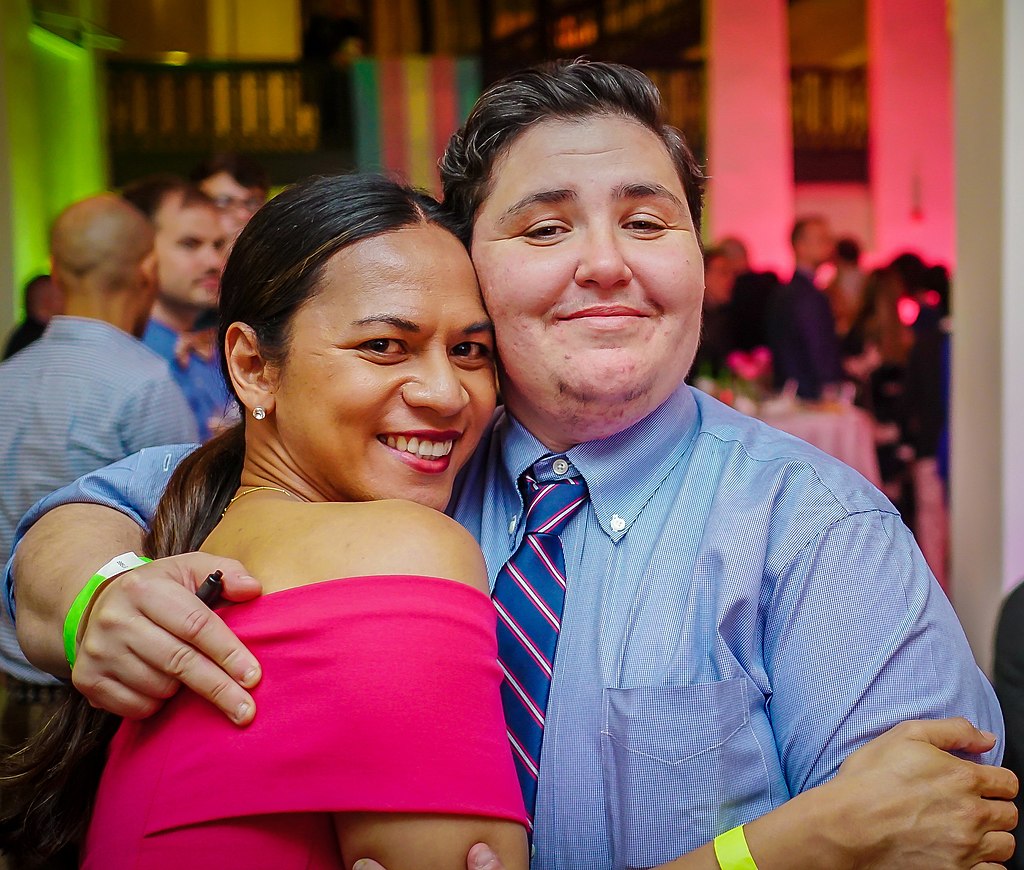Well, I reckon there’s been a bit of a hullabaloo in the world of quills and scripts. The Writers Guild of America and the Alliance of Motion Picture and Television Producers, after many a day and night spent jawin’, have come to a tentative agreement. This could very well mark the end of a historic, 146-day writers strike that’s had Hollywood in a tizzy.
The Guild sent word to its members on a Sunday night, saying they’ve reached an agreement in principle on all deal points for a new 2023 MBA. They’re mighty proud of this deal, claiming it brings meaningful gains and protections for writers across the board.
The agreement is a provisional one, set to last three years, and it still needs the nod from the WGA members to take effect. The specifics of the deal, which affects around 11,500 WGA members, are still under wraps, but they’re expected to come to light in the coming days.
The union’s negotiating committee has asked its members to hold their horses while they finalize the contract language. Once that’s done, the deal will go to the union’s negotiating committee for a vote, then to the WGA West’s board and the WGA East’s council for approval. If it gets the green light, the strike could end at a certain date and time, pending ratification.
In the meantime, the WGA has called off picketing, but reminded members that they’re not to return to work until the union gives the go-ahead.
The final weekend of negotiations saw lawyers huddled together before the studios presented their “best and final” offer on a Saturday night. Despite the supposed finality of the studios’ previous proposal, union negotiators returned to their bargaining counterparts on Sunday afternoon with some additional asks before the sides ultimately wrapped up the negotiations.
The news was met with cheers and applause in Hollywood, with filmmakers at the Burbank International Film Festival’s awards gala breaking into cheers when the deal was announced from the stage.
The mood among writers on the picket lines was one of cautious optimism, with many hoping that the end of the historic work stoppage might be near. The progress in the room also projected positivity over the past several days as management made moves on issues including AI, TV staffing and residual compensation tied to streaming show performance.





